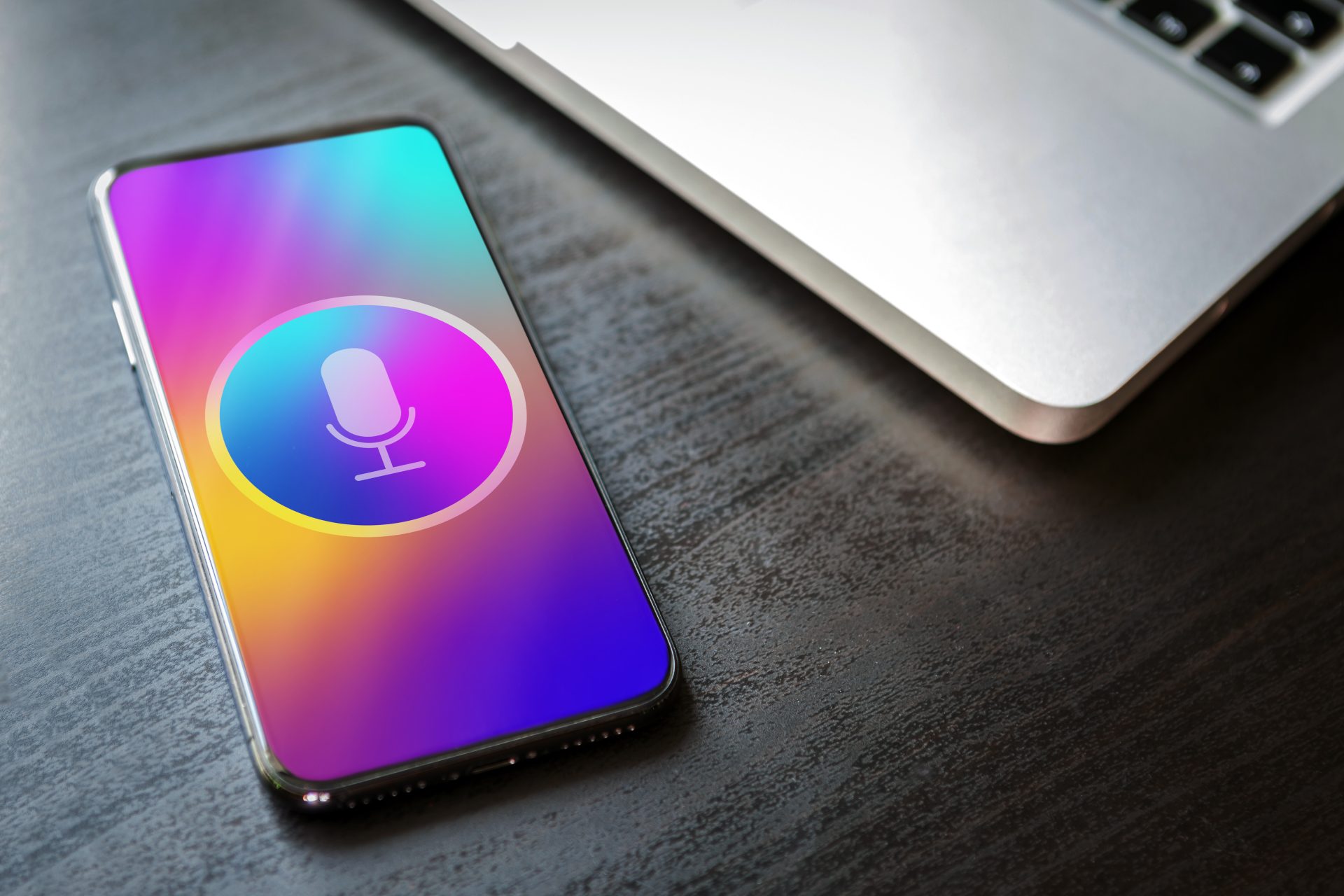Universities strive to give every student equal access, including those who depend on assistive devices to fully participate. Yet only 55% to 64% of colleges provide assistive hardware, and just 39% to 56% offer adaptive software. Device inventory management offers a path forward by keeping accessibility equipment organized, maintained, and ready when students need it most.
Understanding Device Inventory Management
Device inventory management is the practice of keeping an organized record of all the technology an organization or university relies on. It covers everything from laptops and mobile devices to software licenses and specialized equipment. In higher education, this also extends to accessibility devices that play a direct role in supporting student accommodations.
On a college campus, device management brings structure and accountability. It gives staff a clear view of device availability and helps them plan for ongoing accessibility needs as requests come in. Core elements often include:
- An accurate inventory database that tracks devices across students and programs.
- Automation to reduce manual updates and keep records current.
- Support for both institution-owned equipment and BYOD devices.
- Tools for categorizing and monitoring for device lifecycle management.
When device inventory management is built into the accommodation process, schools can ensure equipment is tracked and ready when needed.
Why Accessibility Support Starts With the Right Devices
Accessibility depends on having the right devices and resources as soon as a student needs them. If technology is delayed, it can create barriers that affect coursework and participation. For disability services teams, getting working devices to students quickly is one of the most important parts of providing support.
Take a student who relies on a screen reader with a braille display for daily assignments. If that device isn’t available or breaks down without a backup ready, the student may fall behind within days. College schedules move fast, and even short delays can have serious consequences. Device inventory management helps prevent this by keeping track of what’s in stock, making sure equipment is maintained, and ensuring it is ready when students need it.
How a Lack of Device Oversight Can Disrupt Accommodations
Poor oversight can quickly create problems for students. A missing laptop, a broken display, or outdated software may leave them without the tools they need to keep up with classes. For staff, this often means rushing to find replacements, which adds stress and delays. Without a reliable system in place, small gaps in device management can turn into missed learning opportunities for students who rely on accommodations.
Capabilities That Help Keep Accessibility Devices Accounted For
Managing accessibility equipment goes beyond laptops and software. Disability services teams often need to keep track of specialized furniture, adaptive tools, and other resources that are just as essential for student success. With the right system, faculty can know what items are available and who is currently using them.
Orchestrate AMS includes built-in tools to simplify this process:
- Inventory tracking with tagging to manage accessible furniture and equipment across campus. That ensures nothing gets lost.
- Reservation and allocation features to ensure students receive the items they need when they need them.
- Custom reporting that highlights ongoing usage patterns, which helps staff plan for future inventory needs.
With these capabilities, accommodation teams can stay organized and ensure every piece of accessible equipment is properly accounted for.
Usage Trends Can Help Shape Smarter Device Planning
Tracking usage trends is especially valuable, as it gives disability services teams a clearer view of how devices and accessible furniture are used across campus. Custom reporting highlights which items are in high demand, where shortages may occur, and when replacements should be planned. With this insight, staff can allocate resources more effectively and ensure students have timely access to the equipment they need.
Improving Compliance Through Device Inventory Management
Colleges and universities must follow federal accessibility standards such as the ADA and Section 504. Meeting these requirements often depends on how well campuses manage specialized devices. If a student does not receive the equipment they need, or if records are incomplete, the school may struggle to show it met compliance obligations. Even small gaps in documentation can create risks for both students and the institution.
A strong device inventory management system helps avoid those issues. Asset tracking shows where devices are and who is using them, while audit logs can confirm equipment is maintained and ready. Tools like device lifecycle management and asset policies document when items are issued, repaired, or retired. Together, these records support compliance metrics and make it easier to show that accommodations are consistently met.
A Unified Platform for Devices and Accommodations
Device inventory management is a core part of providing timely accommodations. Students depend on specialized devices to fully participate in class, and staff need reliable tools to track, plan, and report. When those tools are missing, delays and gaps become much harder to avoid.
That’s why Orchestrate AMS brings everything together on one unified platform. Along with tracking devices, it manages reservations and highlights usage trends through reporting. These tools cut down on manual work while also helping schools meet ADA and Section 504 requirements. With device inventory management built into a unified platform, AMS makes it easier to deliver essential accommodations on time.



